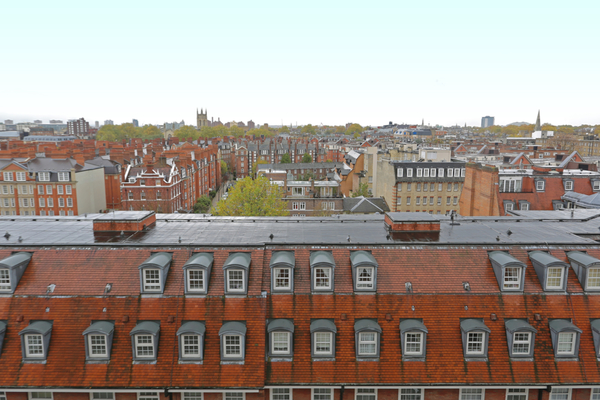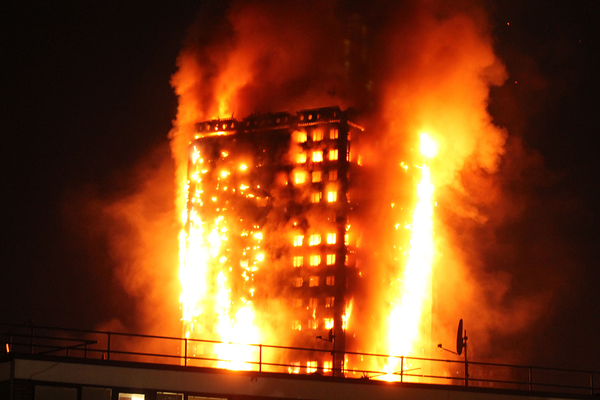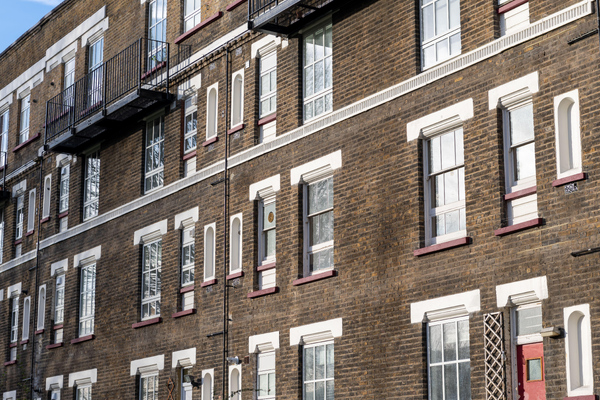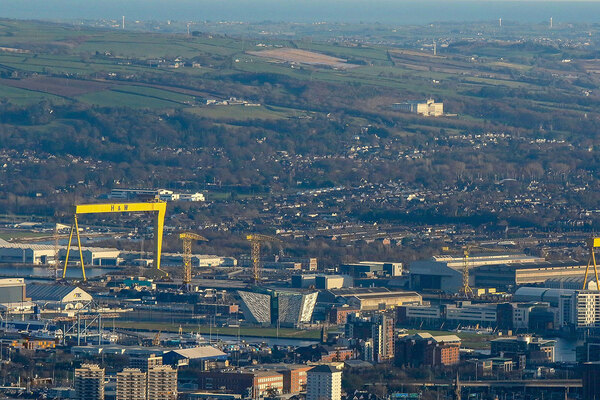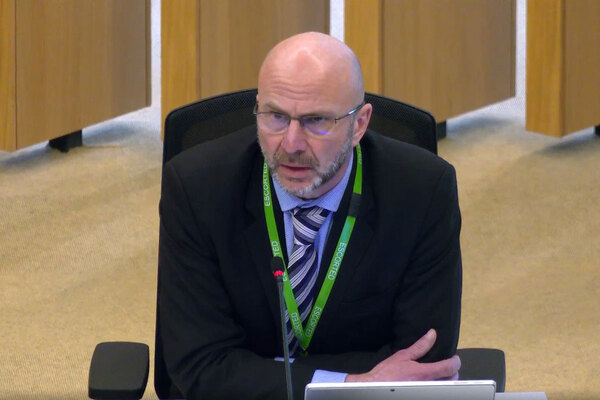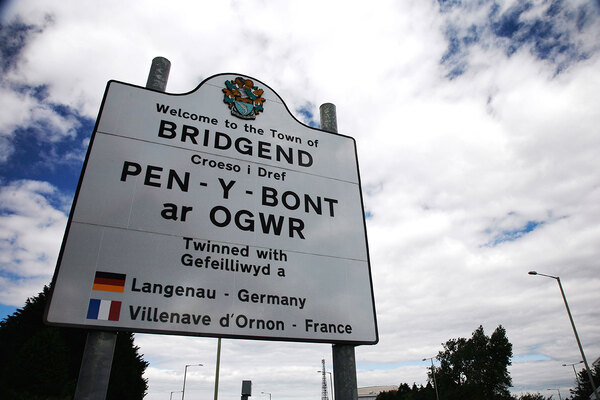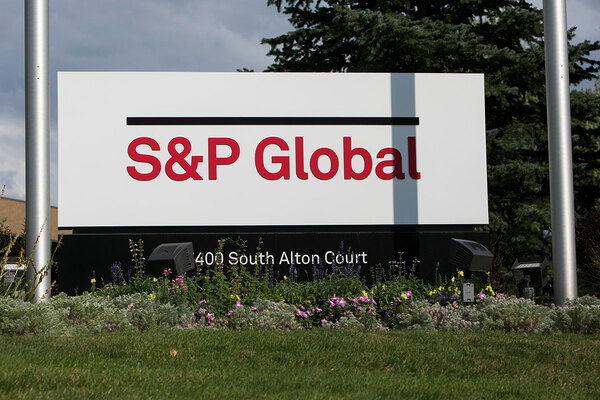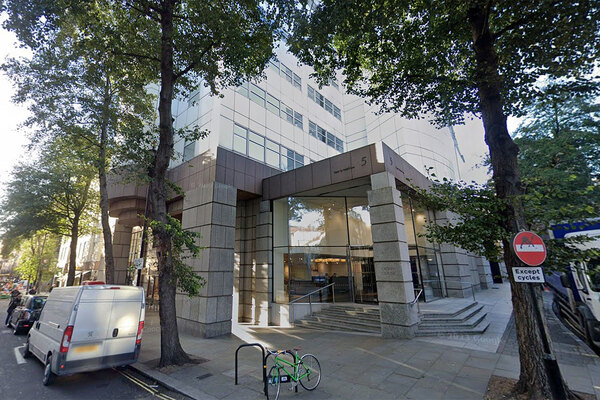You are viewing 1 of your 1 free articles
Experts slam fire risk assessments process
Experts have slammed fire risk assessments of tower blocks for lacking detail and not being carried out by “competent” professionals in some cases.
Social landlords across the country have committed to carrying out new fire risk assessments following the Grenfell Tower fire. In a snap survey by Inside Housing many councils and housing associations said they would be updating their fire risk assessments.
However, fire safety experts have cast doubt on the suitability of the current fire risk assessment process, as there is no requirement for fire risk assessors to be accredited by a professional body and there is no legal time frame in which assessments should be carried out.
Inside Housing revealed last week that Kensington and Chelsea Tenant Management Organisation (KCTMO) sought a “competitively priced” fire risk assessor when it retendered the service in 2010. There is no suggestion that the body then appointed was unqualified, or that the risk assessment was not rigorous.
Ronnie King, secretary of the All-Party Parliamentary Fire Safety and Rescue Group, said: “We need competent fire risk assessors and they need to be accredited. At the moment someone can claim to be a fire risk assessor and can claim to be competent, and who knows whether that’s valid?
“There is currently no requirement to have any qualifications to do a fire risk assessment. The government specifically decided not to include that in the legislation, because they didn’t want to create a ‘consultants’ charter’. But it does mean anyone can set themselves up as a fire risk assessor and start carrying out checks, and that is perfectly legal.”
A city lawyer who preferred not to be named said the current law does not specify a length of time for fire risk assessments, instead allowing the person with responsibility for the building to decide what a “suitable and sufficient” assessment is and how often it should be reviewed.
She said the legal requirement for landlords to carry out annual gas safety checks had reduced the risk to tenants from faulty gas appliances and a similar approach to fire risk assessments would increase certainty around frequency of reviews and encourage landlords to prioritise fire safety.
Grenfell Tower had not been risk assessed in 18 months before last week’s tragedy, according to a Freedom of Information Act response from Kensington and Chelsea Council. The assessment was carried out after refurbishment work on the block began, but before the work was completed.
The government has warned landlords that fire risk assessments they have previously carried out might not have included a test of the cladding on tower blocks they own.
In a letter to social landlords sent earlier this week Melanie Dawes, permanent secretary at the Department for Communities and Local Government, said: “I should point out that assessments carried out to comply with the Fire Safety Order are unlikely to have considered the building’s cladding.”
Sam Webb, fire safety expert and member of the All-Party Parliamentary Fire Safety and Rescue Group, said the assessment process “isn’t rigorous enough”.
Garry White, fire engineer at consultancy BB7, said cladding is not included in fire risk assessments because it is “generally very difficult to remove”.
He added: “This is probably an area that needs to be looked at… We may see in the future that someone is responsible for doing that work.”
In 2013, Peter Gannaway, chair of the National Social Housing Fire Strategy Group, gave a presentation about fire risk assessments where he said a poor fire risk assessment might only be spotted as part of a fire service inspection or prosecution.
He said: “Unfortunately anyone can call themselves a fire risk assessor and the adequacy or otherwise of assessments is often only picked up as part of a fire service inspection or prosecution. A simple search on the internet reveals many more individuals offering fire risk assessments than there are registered assessors, and we have heard of companies who offer them free with other services, or claim to complete 12 assessments a day so reducing cost. Across all property types the fire service discovered 14% of risk assessments to be non-compliant. We see this as posing a significant risk to public safety.”
